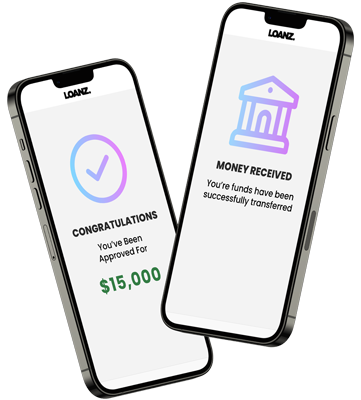The average American has $90,460 worth of debt they contend with. This debt includes everything from credit cards to personal loans, mortgages, and student loans. If you have multiple creditors that you owe, it can feel suffocating as you make multiple payments each month.
Find relief when you consolidate your debt into a single, easy-to-manage loan.
How Does Debt Consolidation Work?
When you consolidate debt, you transfer your outstanding debt with multiple lenders to a single lender. Your new lender will pay off your agreed-upon old debts so that you will pay the new lender instead of the old creditors. Instead of paying multiple lenders and creditors each month, you make a single payment.
Should You Consolidate Your Debt?
Debt consolidation isn’t right for everyone. However, it could be a good solution for you if your income isn’t enough to cover your bills. Perhaps you have so many creditors and debts that you occasionally forget to pay one or two.
Maybe you have gotten your spending under control, but you’re unable to pay your debt down. Finally, consolidating your debt could be a part of your long-term plan to become debt-free.
Debt Consolidation and Your Credit Score
Consolidating your debt can have a positive impact on your credit score. Your credit utilization should be less than 30%. Consolidating your debt can help you pay it down faster so that you can get below this threshold.
It can also help your debt-to-income ratio. Consolidating your debt can reduce the amount you pay each month, which improves your debt to income ratio.
Debt Consolidation Options
You have a couple of options it comes to how you consolidate your debt. For example, you could do a credit card balance transfer if you have several credit cards you owe money on. Another common option is to take out a personal loan.
Balance Transfer
If you have good credit but carry balances on your credit cards, then consider transferring your credit card debts to a single card. Credit card companies offer balance transfer cards that come with zero percent introductory APRs.
Look for a card that will approve a balance high enough to pay off your other cards. Then look for a card that will offer a long enough low promotional rate that gives you enough time to pay off the balance. Typically, these cards increase the interest rate after the introductory period, and you’ll pay an exorbitant amount of interest if you don’t pay the card off before the promotional period.
The average college graduate owes $8,200 in credit card debt. With a balance transfer card, you can reduce this and do so while paying less interest. This helps you pay the debt off faster.
This option may not work for someone with a low credit score. It can be hard to secure a low-interest rate to make this option worthwhile or a credit limit high enough to transfer all of your credit card debt.
Debt Consolidation Loans
Another option is to take out a personal loan that you then use to pay off all of your other debt. This option works well if you have multiple loans or different types of debt. For example, you could use your debt consolidation loan to pay off medical bills, vehicle loans, credit cards, payday loans, or student loans.
You’ll need to total up your debt and the interest rate you have for each loan. This can help you know what type of loan you need to secure to make it financially beneficial.
You have two options, a secure or unsecured loan. If you have a good credit score, you may be able to get approved for an unsecured loan. However, if your credit score isn’t good, then you may need to provide some collateral to secure the loan.
Home Equity Loan or Line of Credit
If you own a home, this could be a financial resource for consolidating your debt. You may have equity in your home that you can borrow against. There are two types of home equity loans to consider, a home equity loan line of credit (HELOC) and a home equity loan (HELOAN).
A HELOC loan requires you to pay just the interest. While a HELOC loan has a fixed interest rate, and you make a fixed monthly payment.
You can use the funds for anything, including debt consolidation. These loans are attractive because they typically have lower interest rates than other lending options. You also have access to higher loan amounts.
However, they do come with risks. Failure to make your payments puts your home at risk of foreclosure. In addition, if your home goes down in value, you could end up underwater and owe more than the home is worth.
Beware of Debt Consolidation Scams
While debt consolidation can provide you with a way out of debt, you need to be careful about who you borrow from. Unfortunately, there are predatory lenders that want to take advantage of your situation. Look out for these signs to avoid potential scams.
A reputable and legitimate lender will not ask for money in advance. Be wary of any company that asks you to pay before providing any service.
Follow your instincts, and if the deal is too good to be true, it probably is. Finally, be skeptical of aggressive sales tactics. You should never feel pressured to make an immediate decision or have to field endless sales calls.
Consolidate Your Debt Today
You may want to consolidate your debt if you have multiple creditors. Doing so can make it easier to manage your monthly payments and pay off debt faster. Consider your options and choose the method of consolidation that works best for your situation.
Consolidate your debt today by taking out a personal loan.

